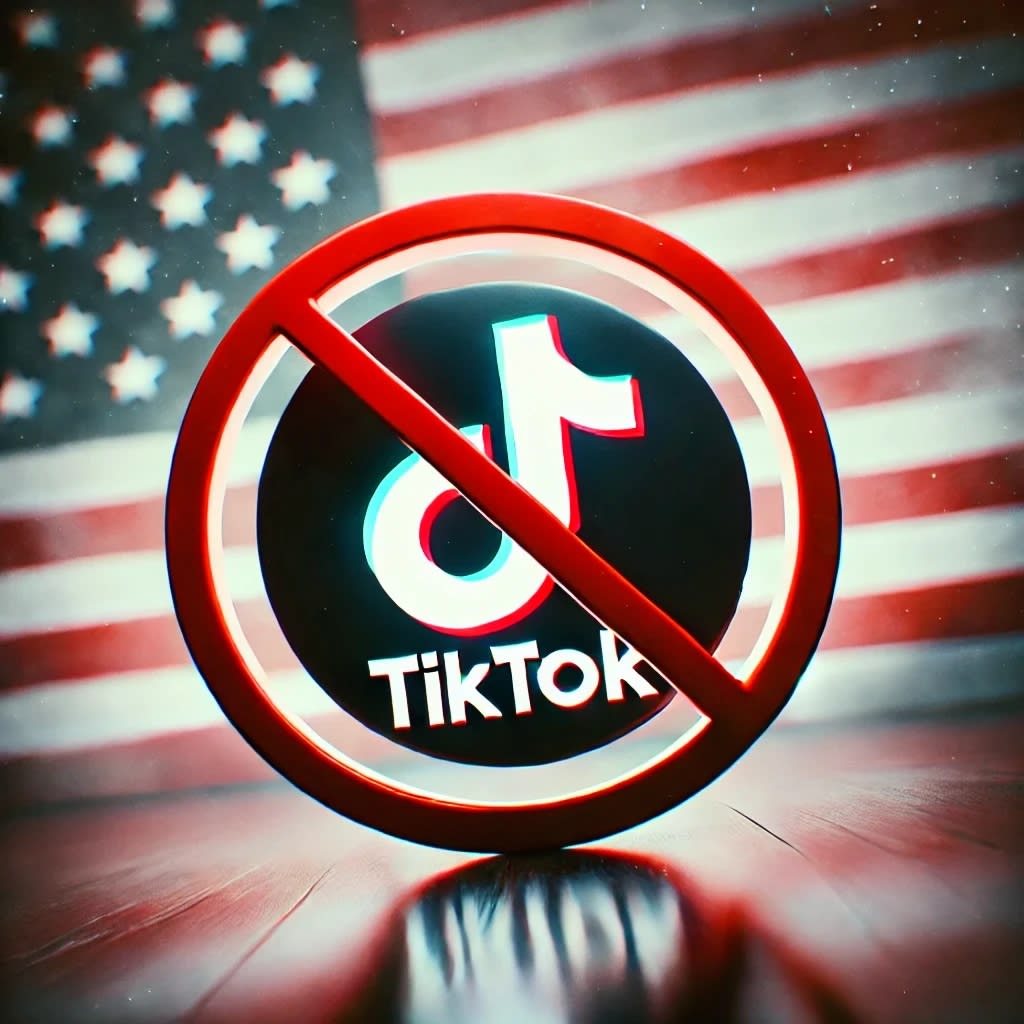NEWS
The Clock is Ticking Will TikTok Disappear This Month
TikTok, a stage that has turned into a foundation of present day computerized diversion, is confronting the chance of a boycott in the US by January 19. Known for its different substance going from funny productions and cosmetics instructional exercises to social editorial and news refreshes, TikTok has north of 170 million clients in the U.S., including a larger part of young people and a significant piece of grown-ups. This choice depends on a government regulation requiring TikTok to disavow its China-based parent organization. Inability to consent would bring about a cross country boycott except if the High Court mediates.
President-elect Donald Trump, who is set to accept office on January 20, has mentioned the High Court to postpone the authorization of the law. He will probably arrange a political goal during his subsequent term, possibly saving the stage from quick results. The High Court heard contentions regarding this situation as of late and is supposed to report its choice in no time. In the event that the Judges consent to Best’s ask for, TikTok’s boycott might be delayed, yet vulnerability keeps on approaching over the application’s future in the country.
Assuming that the boycott produces results, TikTok will be taken out from application stores like Apple’s Application Store and Google Play. While clients who as of now have the application introduced can in any case get to it, they will never again get refreshes, security fixes, or bug fixes. Over the long haul, this will corrupt the application’s usefulness and open clients to potential security gambles. The shortfall of updates will likewise restrict TikTok’s capacity to contend with different stages, possibly prompting its decrease in ubiquity.
For the people who depend on TikTok as a kind of revenue or an imaginative outlet, the potential boycott is especially disturbing. Content makers who have fabricated professions on the stage are currently investigating elective stages to keep up with their crowds and income streams. Laid out stages, for example, Instagram and YouTube are supposed to essentially benefit. The two stages have presented highlights mirroring TikTok’s short-structure video design, similar to Instagram’s Reels and YouTube Shorts, trying to draw in uprooted clients.
Be that as it may, the change may not be consistent. More youthful clients, who structure the center segment of TikTok, may oppose changing to stages related with more established ages. While Instagram and YouTube have made progress in catching the substance of TikTok, they actually come up short on remarkable calculation and client experience that put TikTok aside. Other, less standard stages like Triller, Zigazoo, and Jerk are additionally competing for focus from clients searching for new advanced spaces.
Still up in the air to hold admittance to TikTok, workarounds exist however accompany difficulties and dangers. One famous technique is utilizing a virtual confidential organization (VPN) to veil the client’s area. A VPN encodes web traffic and courses it through servers in different nations, possibly permitting clients to get to TikTok like they were in a locale where the application stays accessible. Notwithstanding, this approach requires specialized information and may confront extra limitations assuming tech organizations like Apple and Google choose to get serious about such practices.
Android clients could likewise go to sideloading, a strategy that includes downloading applications from outsider application stores. While this could empower proceeded with utilization of TikTok, it sidesteps the safety efforts of official application stores, presenting clients to malware and different weaknesses. Specialists alert that these workarounds are not idiot proof and could prompt legitimate or specialized intricacies.
For clients worried about safeguarding their #1 substance, TikTok gives choices to download recordings and save them straightforwardly to their gadgets. Notwithstanding, there are limits. A few makers confine downloads, and content from private records or clients younger than 16 can’t be saved. Moreover, clients can demand a duplicate of their TikTok information, which incorporates their remark and video-watching history. This interaction might require a couple of days, so clients are urged to act rapidly in the event that they wish to get their information before a potential boycott produces results.
The approaching prohibition on TikTok brings up more extensive issues about the guideline of unfamiliar claimed computerized stages in an undeniably interconnected world. The U.S. government’s interests about information protection and public safety have driven the push for TikTok to cut attaches with its Chinese parent organization. In any case, pundits contend that a boycott might set an unsettling point of reference for how legislatures handle applications and stages with worldwide ties, possibly smothering development and restricting client decision.
For the time being, a great many TikTok clients in the U.S. are left in a condition of vulnerability, anticipating the High Court’s choice and planning for the chance of existence without the application. While choices exist, none have completely caught the enchanted that has made TikTok a worldwide peculiarity. The stage’s extraordinary capacity to draw in clients and cultivate imagination has made a permanent imprint via web-based entertainment, and its expected vanishing from the U.S. market would leave a critical void.
Whether TikTok endures this lawful and political fight is not yet clear, yet its effect on advanced culture is obvious. From motivating patterns to sending off professions, TikTok has changed how individuals associate, make, and consume content. As the January 19 cutoff time approaches, makers and clients the same are preparing for what could be a crucial crossroads in the application’s set of experiences, molding the fate of online entertainment and computerized diversion in the US.